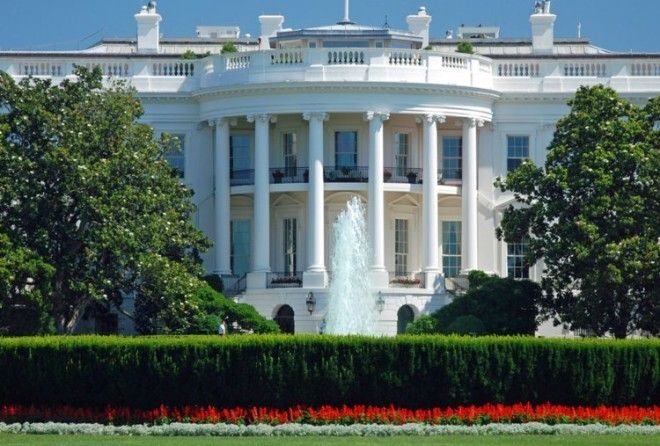The massive complex at 1600 Pennsylvania Avenue contains six levels, 132 rooms, 35 bathrooms, 412 doors, and 28 fireplaces.
Some of the most famous White House's most famous rooms include the Oval Office, the Situation Room, the Cabinet Room, and the James S. Brady Press Briefing Room.
But tucked away in the far reaches of the building are some of the more obscure, less heralded rooms of the White House: the Chocolate Shop, the Game Room, and the Solarium, to name a few.
Read on to learn about 14 of the least-known rooms in the White House.
Music Room
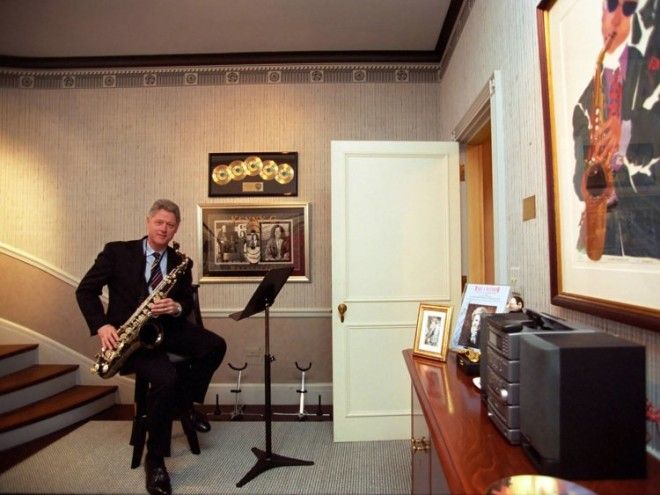
According to the White House Museum, Hillary Clinton turned this sitting room on the third floor of the White House residence into a music room where Bill Clinton could play saxophone.
Workout Room
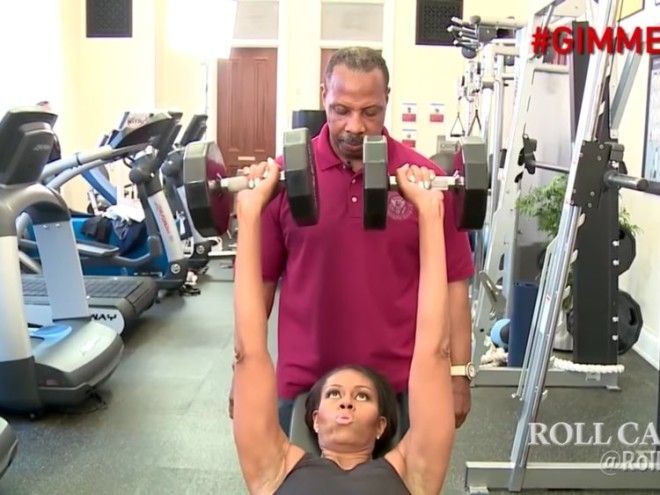
Next to the Music Room on the third floor is the Workout Room, where presidents and their families can exercise at any time of the day.
Before the 1990s, the room was a guest room and a sitting room.
Chocolate Shop
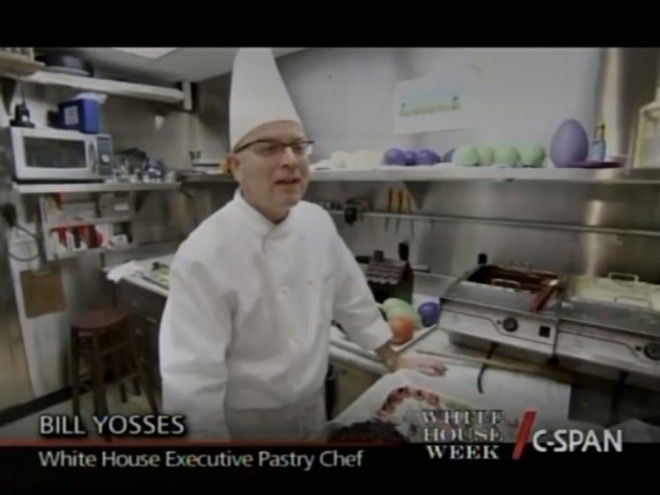
The Chocolate Shop is one of several kitchens in the White House. Located in the ground floor of the Residence, the Chocolate Shop is where chefs make desserts and centerpieces for White House functions.
It's also where chefs prepare eggs for the annual Easter Egg Roll and assemble the gingerbread replica of the White House that graces the building each holiday season.
Bowling Alley
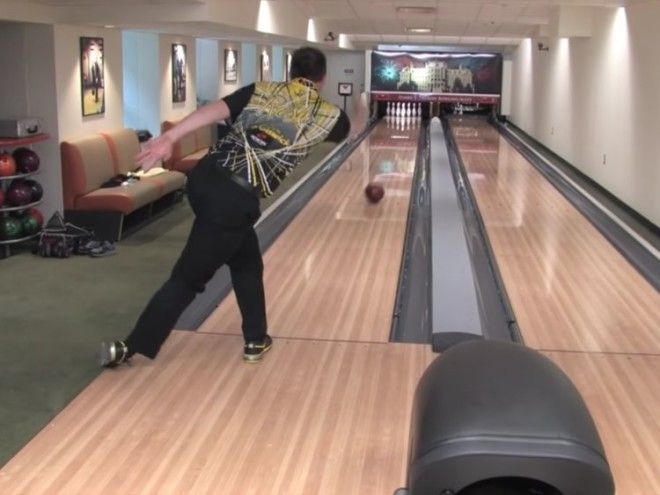
Near the Chocolate Shop on the Residence's ground floor is the Harry S. Truman Bowling Alley, an off-the-beaten-path favorite for visitors to the White House.
The first White House Bowling Alley was built for Harry Truman in 1947, and Richard Nixon moved it to its current location below the entrance to the North Portico in 1969.
Family Theater
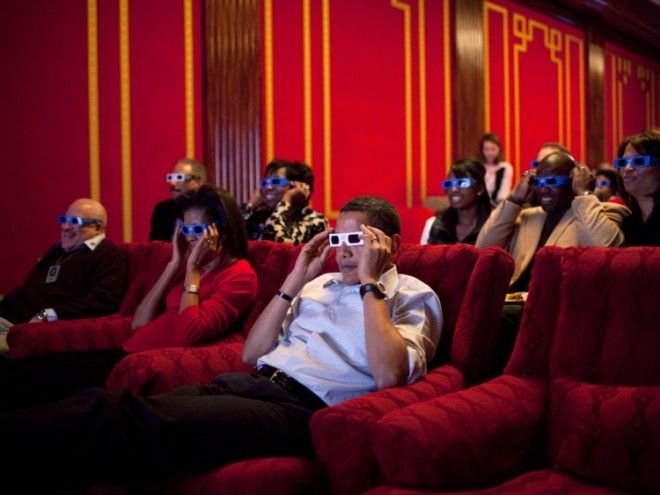
The Family Theater is a 42-seat movie theater located in the East Wing of the White House.
Movie studios make their films available for screenings at the theater upon presidential request, according to Variety, which added that filmmakers relish the chance for their works to seen by the president. Last year, "Finding Dory" made headlines for being the first film screened in Donald Trump's White House.
Movies had been screened at the White House since Woodrow Wilson's presidency, but it was Franklin D. Roosevelt who was responsible for turning a former cloakroom into the dedicated theater it is today.
Map Room
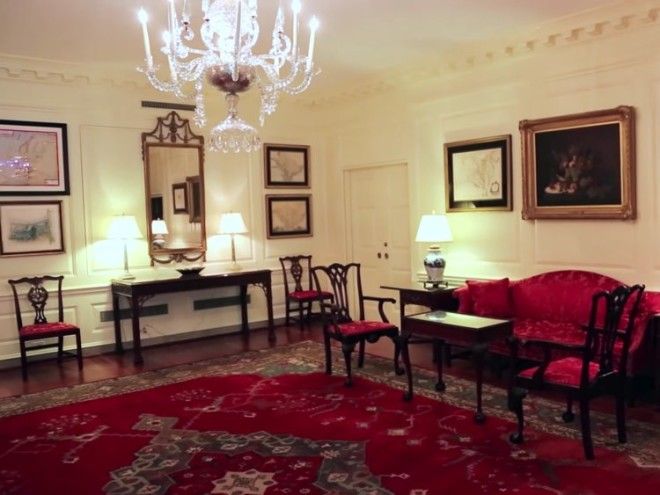
The Map Room, located on the Residence's ground floor, is used for small social gatherings and television interviews.
The name comes from the room's original use. During World War II, Franklin D. Roosevelt used the room to consult maps to track the war's progress— a task later presidents migrated to the Situation Room. Maps were organized by hemisphere, region, and theater of operation, according to the FDR Library.
One notable map hanging on the walls pays homage to the Roosevelt era: a map of Europe showing Germany's latest positions in the spring of 1945, shortly after Roosevelt's death.
China Room
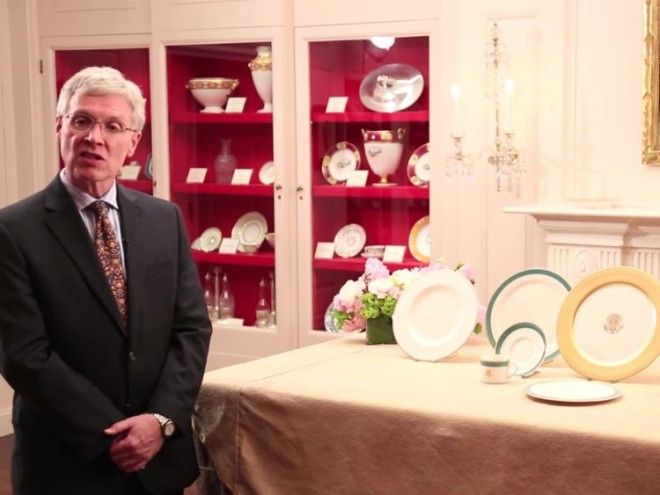
The White House China Room sits near the Map Room on the Residence's ground floor. The China Room was designated by first lady Edith Wilson in 1917 to house the White House's growing collection of state china, according to the White House Museum.
Nearly every president is represented in the china room. You can see examples of state china dating back to George Washington's presidency here.
Vermeil Room
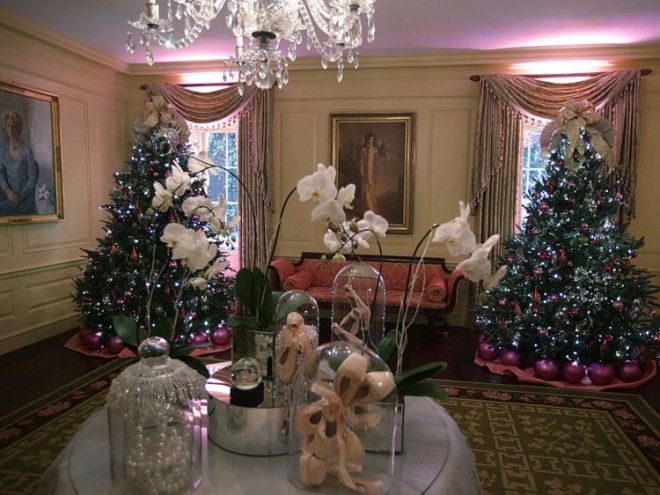
Adjacent to the China Room is the Vermeil Room, which houses a collection of gilded silver tableware. It was converted from a general social room in 1956 when the silver pieces were bequeathed to the White Houseby American heiress Margaret Thompson Biddle.
The room is decorated with portraits of several first ladies.
Flower Shop
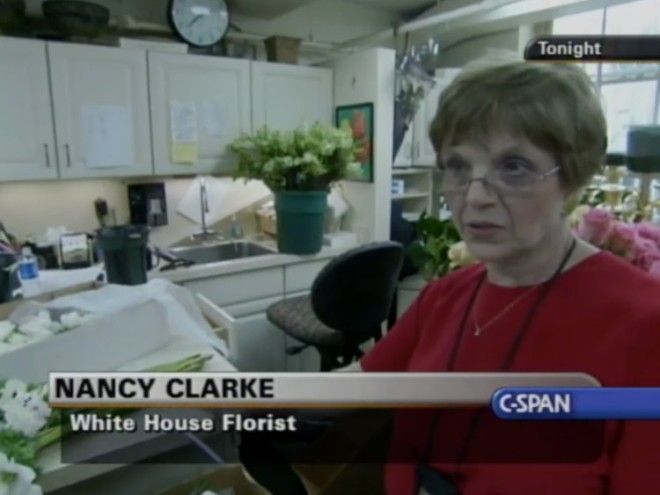
Just a few doors down from the Chocolate Shop and the Bowling Alley, the Flower Shop is where the White House florist purchases flowers in bulk and prepares them for official occasions like state functions and inaugurations, as well as decoration around the building.
Calligraphy Office
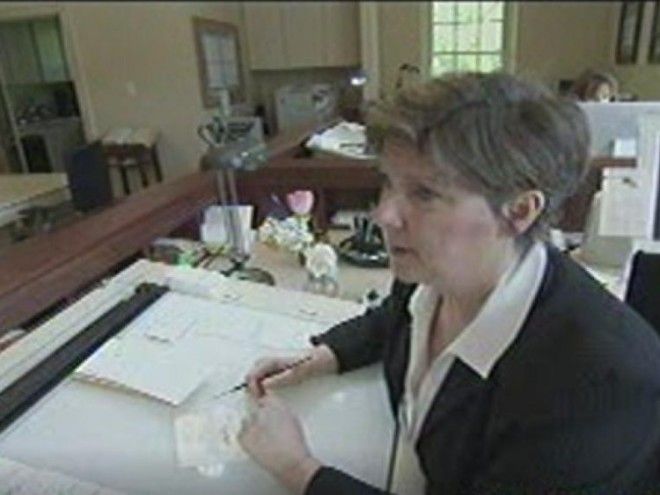
Located on the second floor of the White House's East Wing, the Graphics and Calligraphy Office is where the small team of White House calligraphers prepares invitations, placecards, and greetings for formal events.
Solarium
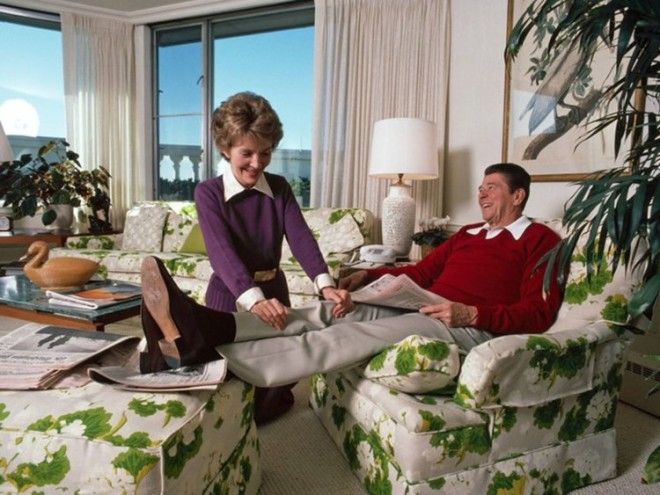
The Solarium on the Residence's top floor is where presidents and their families go to relax.
According to the White House Museum, the room has alternately been used for Mamie Eisenhower's bridge parties, a kindergarten for Caroline Kennedy, a hangout for Lyndon Johnson's teenage daughters, a study room for Rosalynn Carter, and a space for the Clintons to play board games.
Richard Nixon was in the solarium with his family when he informed them he was stepping down as president, according to the museum. And it's also the room where Nancy Reagan was informed her husband had been shot.
Game Room
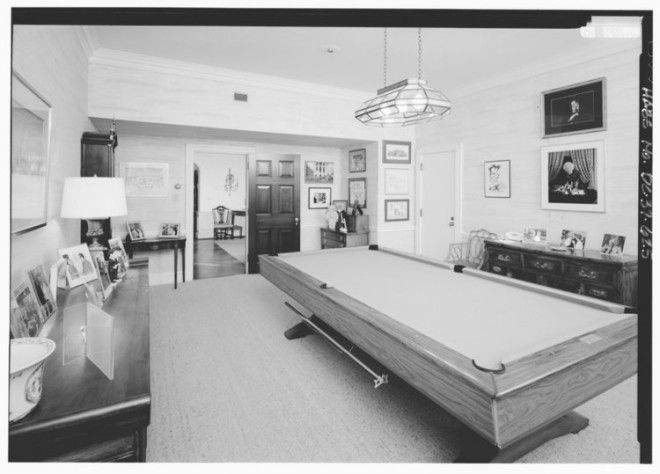
Not far from the Solarium is the Game Room, where presidents can wind down with a game of pool.
A number of presidents have owned pool tables in the White House, at times housing them in the modern-day Map Room and Vermeil Room. It's unclear when the Game Room — formerly a bedroom — became the designated pool space, but it dates back to at least the George H. W. Bush era, according to the White House Museum.
Private Study
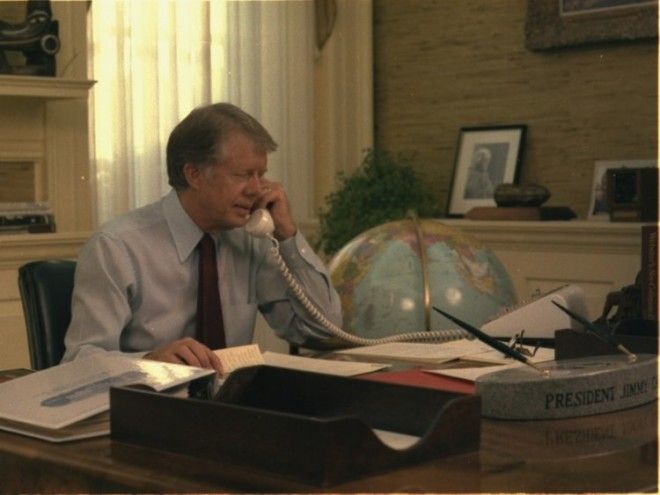
Moving over to the West Wing, the Private Study or Oval Office Study is a small working space immediately across from the Oval Office. It also contains a private bathroom and kitchenette.
Navy Mess
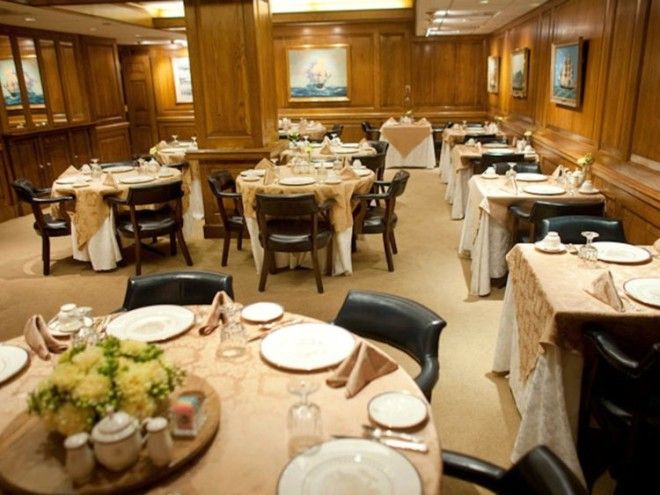
On the ground floor of the West Wing next to the Situation Room, you'll find the Navy Mess or White House Mess, a small dining facility run by the US Navy.
The dining room seats about 50 people and is not available to the public, but if you're lucky, you could score an invitation from a senior White House official or Cabinet secretary.
